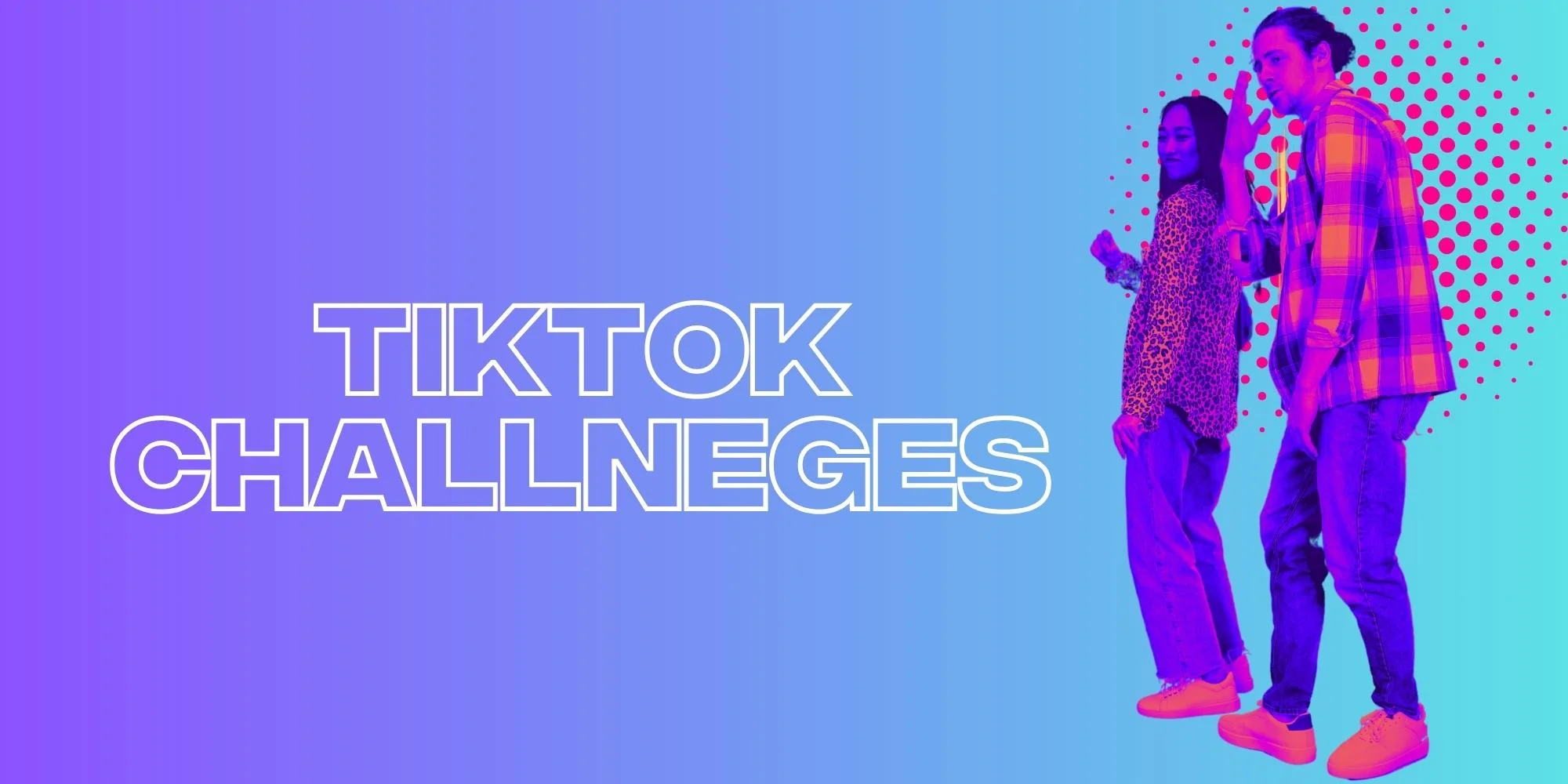Introduction
Blockchain technology, originally known for its role in cryptocurrency transactions, has evolved significantly over the past decade. In 2024, blockchain is poised to revolutionize various industries beyond the financial sector. This blog explores the emerging applications of blockchain technology, highlighting its transformative potential and the innovative solutions it offers across different domains.
Understanding Blockchain Technology
What is Blockchain?
At its core, blockchain is a decentralized ledger that records transactions across multiple computers securely and transparently. Each block in the chain contains a list of transactions, and once a block is added to the chain, the information becomes immutable.
Why Blockchain Matters
Blockchain’s decentralized nature ensures data integrity, security, and transparency, making it a powerful tool for industries that require trust and accountability.
Blockchain in Supply Chain Management
Enhancing Transparency and Traceability
Blockchain can significantly improve supply chain transparency by providing an immutable record of each transaction. This allows stakeholders to track the journey of products from origin to consumer, ensuring authenticity and reducing fraud.
Boosting Efficiency
By automating and streamlining processes, blockchain reduces the need for intermediaries, cuts costs, and speeds up transactions. Smart contracts, which execute automatically when predefined conditions are met, further enhance efficiency in supply chain management.
Blockchain in Healthcare
Securing Patient Data
Blockchain technology ensures that patient records are securely stored and accessible only to authorized parties. This enhances privacy and security while maintaining data integrity.
Facilitating Interoperability
Blockchain enables seamless sharing of medical records across different healthcare providers, improving collaboration and patient care. This interoperability can lead to more accurate diagnoses and better treatment outcomes.
Blockchain in Voting Systems
Ensuring Election Integrity
Blockchain can enhance the security and transparency of voting systems. By providing a tamper-proof ledger of votes, blockchain ensures that election results are accurate and trustworthy.
Increasing Accessibility
Blockchain-based voting systems can make elections more accessible, allowing people to vote remotely and securely from anywhere in the world. This can increase voter participation and engagement.
Blockchain in Intellectual Property
Protecting Creative Works
Blockchain offers a secure way to register and manage intellectual property rights. By recording the creation and transfer of digital assets, blockchain helps protect creative works from infringement.
Facilitating Royalties and Payments
Smart contracts can automate royalty payments to creators, ensuring they receive fair compensation for their work. This can streamline the process and reduce disputes over intellectual property rights.
Blockchain in Real Estate
Streamlining Property Transactions
Blockchain can simplify real estate transactions by providing a transparent and secure platform for recording property ownership and transfers. This reduces the need for intermediaries and speeds up the buying and selling process.
Reducing Fraud
By ensuring that property records are immutable and verifiable, blockchain reduces the risk of fraud and enhances trust in real estate transactions.
Blockchain in Financial Services
Beyond Cryptocurrencies
While blockchain is best known for its role in powering cryptocurrencies like Bitcoin and Ethereum, its applications in financial services extend far beyond digital currencies.
Improving Cross-Border Payments
Blockchain can streamline cross-border payments by reducing the need for intermediaries and enabling faster, cheaper, and more secure transactions.
Enhancing Trade Finance
Blockchain can simplify trade finance processes by providing a transparent and secure platform for recording and verifying transactions, reducing the risk of fraud and improving efficiency.
Challenges and Future Outlook
Scalability Issues
One of the main challenges facing blockchain technology is scalability. As the number of transactions increases, the time and resources required to process them can become prohibitive.
Regulatory Uncertainty
The regulatory landscape for blockchain technology is still evolving. Governments and regulatory bodies around the world are working to develop frameworks that address the unique challenges and opportunities presented by blockchain.
Future Innovations
Despite these challenges, the future of blockchain technology is bright. Ongoing research and development efforts are focused on improving scalability, security, and interoperability, paving the way for even more innovative applications in the years to come.
Conclusion
Blockchain technology is poised to transform a wide range of industries in 2024 and beyond. From enhancing supply chain transparency to securing patient data, blockchain’s potential extends far beyond cryptocurrency. As more organizations recognize the benefits of blockchain and invest in its development, we can expect to see even more innovative applications that drive positive change and create new opportunities.







